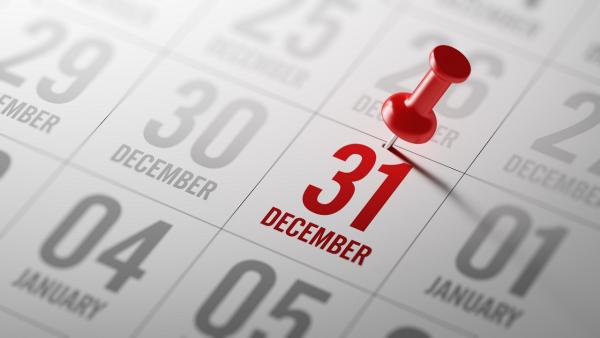
31 January Self-Assessment deadline and filing penalties - UPDATED
UPDATE 25 January 2021: Further to the technical news item dated 19 January below, HMRC have today (25 January) announced that they will not be issuing penalties if the return is filed online on or before 28 February 2021. Whilst this announcement is much later than we had hoped, we welcomed it in a joint press release issued by the CIOT and ATT. This easement applies only to the initial £100 late filing penalty.
Original news article published 19 January 2020:
The ATT has joined other professional bodies in raising concerns with HMRC about the 31 January deadline and suggesting potential adjustments to assist agents struggling with their current workload. This week we received a further letter from Jim Harra, HMRC’s Chief Executive and First Permanent Secretary, following on from his response of 18 December.
In brief, the two letters confirm that
- No-one will have to pay a penalty if they cannot file on time because of the impact of COVID-19. However, HMRC do not currently plan to waive late filing penalties and it will be necessary to appeal to ask for penalties to be cancelled.
- HMRC will accept pandemic-related personal or business disruption as a reasonable excuse, as well as pandemic-related delay on the part of an agent.
- HMRC are extending the penalty appeal period by three months.
We are pleased that HMRC have said they will accept the impact of COVID-19 on an individual’s tax adviser or accountant as a reasonable excuse when appealing penalties, but disappointed that the appeal process remains necessary as it will generate further work for agents and HMRC in February and March.
Background to our correspondence
The COVID-19 support schemes are very welcome but we know that the resulting additional workload has left some tax practitioners struggling to keep up with their usual compliance work. With the UK entering a third lockdown at the start of 2021, agents must now deal with home schooling and difficulties accessing information during their busiest period. Some of our members are under substantial pressure as a result.
We did not ask for a deferral of the 31 January 2021 self-assessment filing deadline because this would be significantly more complex and, secondly, because some of our members have expressed strong views against such a move. Practically, a change in the deadline itself would be complex, requiring changes to legislation and having knock on effects on matters such as tax credits where final income figures for claimants are also due by the end of January. That could all too easily have unintended consequences. There is also a risk that those taxpayers who always leave things to the last minute would simply defer their filing even longer if an extension to the deadline was given.
We did however ask HMRC to defer issuing late filing penalties until March, to give people a period of grace to get tax returns in without having to go through the time and stress of appealing penalties. HMRC have not accepted this suggestion.















